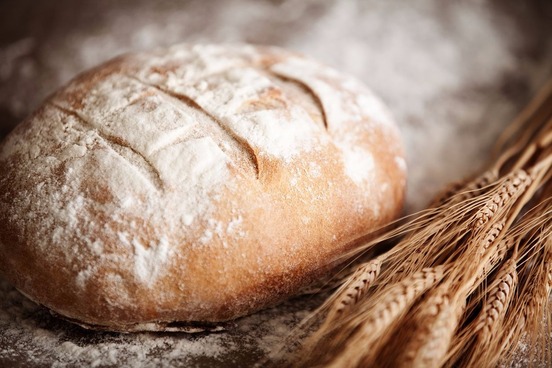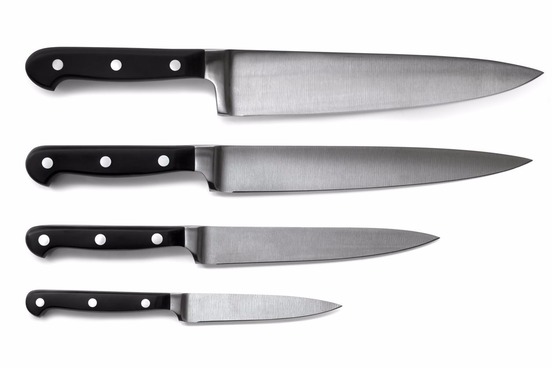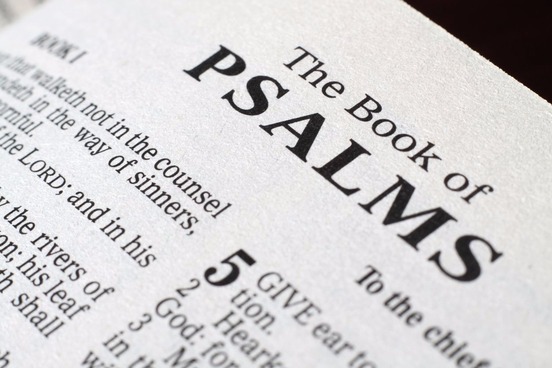
English is maddening, and it's not sorry
English can be such an intractable heel, especially when it comes to its spelling: for every rule explaining how a letter is pronounced in a given situation it often seems like there is a herd of exceptions mooing about how the rule doesn't apply. Letters persist in words despite not playing any discernible role in the word's pronunciation. It's maddening for those of us who are peeved by such things. If you are such a person and are in a foul mood already, you might as well continue on. (Note that this list is not comprehensive. The situation is actually much worse.)

A
The a in bread (as well as in tread) does nothing. You might as well spell it bred except that then it looks too much like the past tense of breed. So don't do that. A is similarly indefensible in aisle and aesthetic.

B
Most silent b's come at the ends of words and just after m: bomb, climb, comb, crumb, dumb, lamb, limb, numb, plumb, thumb, tomb. Just when one starts to feel comfortable with the relative regularity of these, debt and subtle show up like a couple of toughs.

C
C may as well cede all power to s in words like science and scissors, but we'll also point out that it's not doing much of anything in acquire, indict, or muscle.

D
D is shirking its auditory duties in handkerchief and mostly doing the same in handsome. Its appearance in Wednesday can only be seen as some kind of cruel joke.

E
The word sleeve has an excessive number of e's. We're saying it right now. Sleve or sleev would work fine, but English does not like to leave v's on the ends of words; it props them up with e's, as though they'd fall over otherwise. That v habit explains, then, words like leave and give, but there's no excusing the e in words like imagine.

F
While some people do in fact pronounce the second f in fifth, the first pronunciation given in our dictionary is the one that omits it. Overall, however, f is to be commended for its performance generally. We'd give it an A, if we were on speaking terms with that letter.

G
G has no business being in sign nor phlegm, as far as the modern reader is concerned. It obviously doesn't care. This callousness is also evident in that slew of gn- words: gnarl, gnash, gnat, gnaw, gnostic, gnu. It can be no surprise, then, that g also participates in the likes of such offenses as high, though, and through.

H
The h's at the beginning of heir, honest, and honor have nothing to say. Neither do the ones in rhyme and ghost. That h makes a contribution of a sort in the second syllable of rhythm only goes so far in repairing the letter's record.

I
I doesn't do a blessed thing in business, except to be impersonated by the u in the first syllable. It also does no discernible good in suit, which in a decent orthographic system would be spelled soot.

J
Some of you may be happy to know that we have at this point only one English word in which the j is silent: marijuana.

K
The silent k in an assortment of common words demonstrates a callousness for beginner spellers especially: knee, knife, knight, knit, knob, knock, knot, know, knuckle.

L
The most indecent of the silent l words is surely colonel. The word sounds identical to kernel, which is an honorable, respectfully spelled word. L is also silent in could, should, would, as well as in calf and half, and in chalk, talk, walk, and for many people in calm, palm, and psalm.

M
One can get through much of life never encountering m in its silent form. By the time a person is ready for a word like mnemonic they have likely come to accept the vagaries of silent letters.

N
Like silent b's, silent n's tend to come at the ends of words and after m: autumn, column, damn, hymn, limn, solemn. While this might suggest to some that n is a little too accommodating, we would never anthropomorphize letters in such a way.

O
There is the flagrant excess of letters in enough, rough, and tough, where o is among several who have no place being there. Then there is the formerly mentioned ruffian colonel, in which neither o behaves properly and the second o doesn't even bother to try. But in addition to those we then also have jeopardy, leopard, and people. We'll let you draw your own conclusions about o.

P
P is silent before n in a selection of somewhat technical terms, such as pneumonia and pneumatic. And it's silent before s in a different selection of words such as psalm, psyche, and psychology. It boldly says nothing in corps and coup and receipt. In some pronunciations of comptroller it somehow convinces m to join with it in dissembling; the two there impersonate n.

Q
Q tends to function wholly aboveboard as an upstanding member of the alphabet. Most of us are fortunate to encounter its dereliction in lacquer only occasionally.

R
R exists in forecastle only to mock landlubbers. It exists in February only to make us suffer.

S
S is a mostly-reliable letter. Its failings are limited largely to aisle, apropos, debris, isle, and island. We cannot, however, overlook its participation in the hot mess that is bourgeois.

T
T refuses to be audible in ballet, castle, listen, and whistle. In asthma it conspires with h to shun its usual duties.




